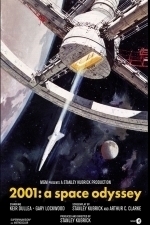
C. S. Lewis Signature Classic: Miracles
Book
'The central miracle asserted by Christians is the Incarnation. They say that God became Man. Every...
![The Twelve Days of Christmas: [Correspodence]](/uploads/profile_image/416/ec13652e-813c-4710-adc3-66ca83e58416.jpg?m=1522360964)
The Twelve Days of Christmas: [Correspodence]
Book
My dearest darling- That partridge, in that lovely little pear tree! What an enchanting, romantic,...
Jorg Hamburger - Georg Staehelin: 29: Poster Collection
Book
Their posters manifest a reduced expression, convincing in a poetic-sensuous manner while...
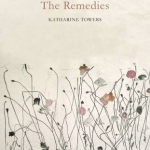
The Remedies
Book
Katharine Towers' second collection is a book of small wonders. From a house drowning in roses to...
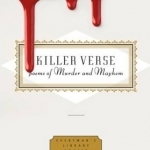
Killer Verse: Poems of Murder and Mayhem
Harold Schechter and Kurt Brown
Book
In forms as various as the melodramas of old Scottish ballads and the hard-boiled poems of...
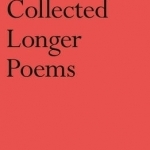
Collected Longer Poems
Book
First published in 1968, this companion volume to the "Collected Shorter Poems" was compiled by W.H....
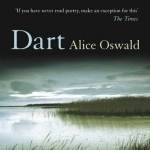
Dart
Book
Over the course of three years Alice Oswald recorded conversations with people who live and work on...
Anna Calvi recommended The Doors (1991) in Movies (curated)
Risky Bodies & Techno-Intimacy: Reflections on Sexuality, Media, Science, Finance
Book
Risky Bodies and Techno-Intimacy traverses disparate and uncommon routes to explore how people...


